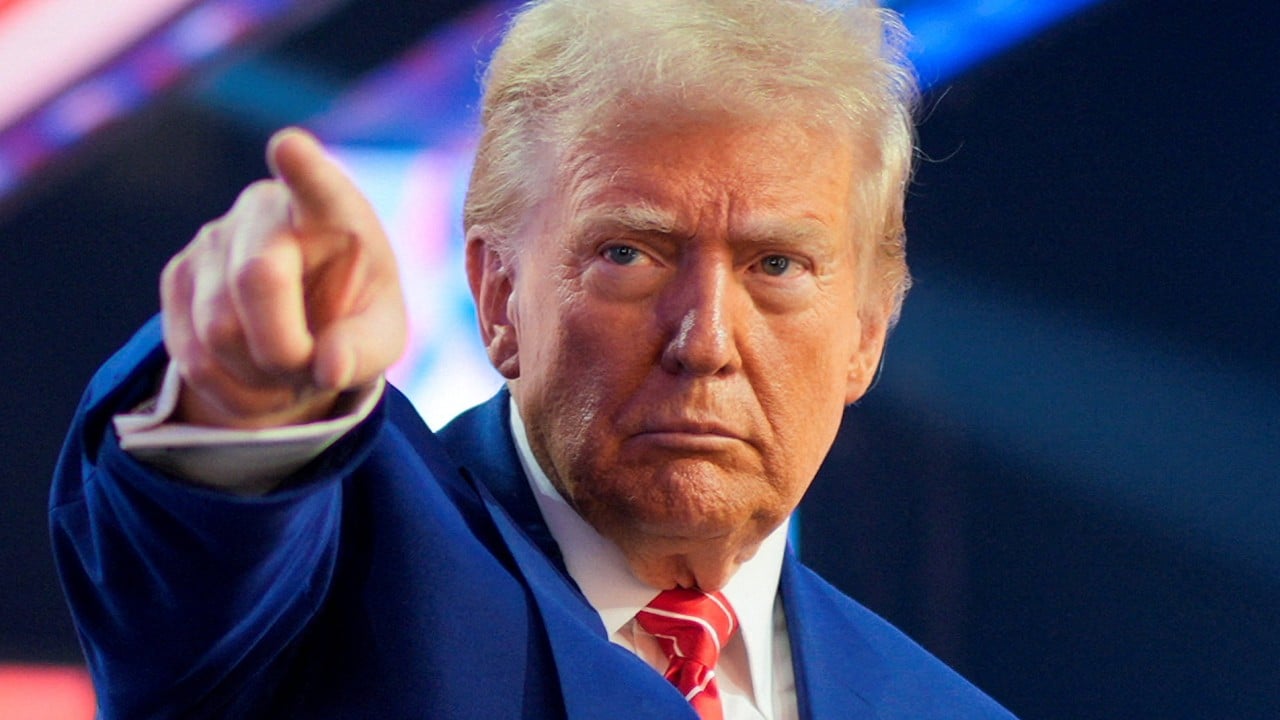Indonesia’s formal entry into the Brics bloc is a calculated gamble in an era of global power shifts, analysts say. But the move could also complicate the country’s non-aligned foreign policy stance if US president-elect Donald Trump views it as a challenge to America’s interests.
Advertisement
Brics, a grouping of emerging economies often seen as a counterweight to Western-led institutions, announced Indonesia’s membership on Monday through its current chair, Brazil.
Indonesia’s foreign ministry confirmed the news in a statement the following day, hailing the milestone as a reflection of its “active role in global issues” and commitment to creating a “more inclusive and fair” world order.
Founded in 2009 by Brazil, Russia, India and China – later joined by South Africa in 2010 – Brics last year welcomed Egypt, Ethiopia, Iran and the UAE, collectively representing among its members and partners nearly half of the world’s population and more than 41 per cent of the global economy.

Indonesia’s candidacy was reportedly endorsed by Brics leaders in 2023, but former president Joko Widodo appeared hesitant to join the bloc. He advocated instead for membership in the Organisation for Economic Cooperation and Development, which includes the US, Japan and 36 other nations.
Advertisement

